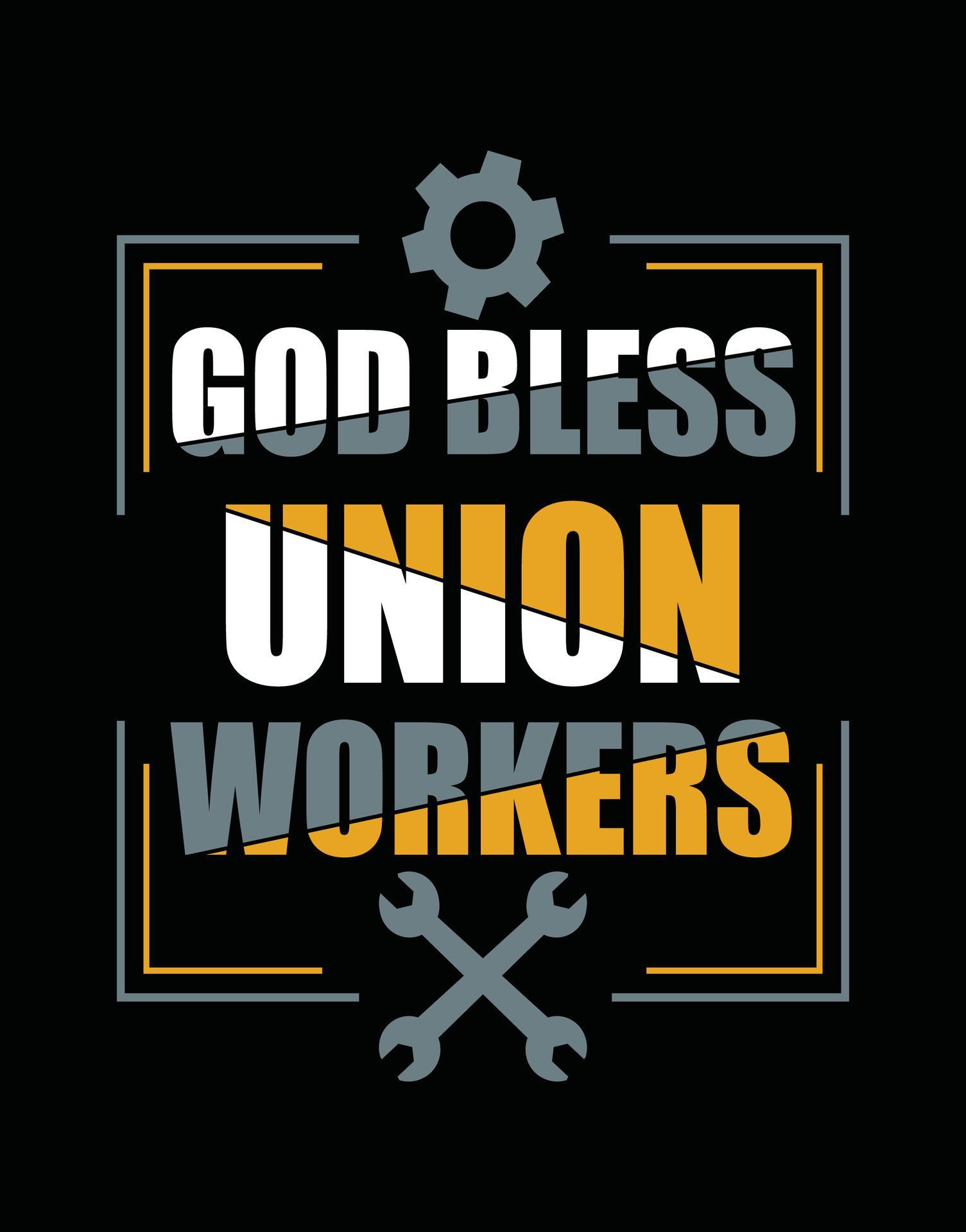A near-record seven out of every 10 Americans support unions, the latest annual Gallup Poll on the popularity of the labor movement reports. And, in another indication of the backing unions have, the gap between labor support and labor opposition is the widest in at least a half-century.
The poll, done annually around Labor Day, shows 70%–23% support/opposition for unions. The rest are undecided. The “favorabie” percentage is down one percentage point from the most-recent record high, set two years ago, and up four percentage points from last year.
But the 47-point gap between favorable support and unfavorable opposition this year exceeds the prior modern record, 45 points, two years ago.
Before that, the favorable-unfavorable ratios hovered around2–1, Gallup records show, except in 2009. That was the only year when less than half the poll respondents (48%) favored unions, just edging those who viewed organized labor unfavorably (45%).
Using the two-year-old numbers, AFL-CIO President Liz Shuler declared in her State of the Unions speech on Aug. 27 that “71% of Americans support unions,” including nine of every 10 people younger than 30. Gallup did not have the overall poll numbers broken down by age.
The support for unions is in sharp contrast to the lack of it for the corporate class, at least on divisive social issues, according to another Gallup survey three months ago. In so many words, overwhelming majorities of people want corporations to sit down and shut up about abortion, religion and political endorsements.
The Gallup data joins other evidence of union popularity. That data includes record numbers of union election filings with the National Labor Relations Board and overwhelming support for the UAW in their strike against the Detroit auto firms last year, and for actors and screenwriters in SAG-AFTRA’s and the Writers Guild of America’s strikes against the movie studios, TV producers and video streaming moguls, too.
Gallup, in polls last year, confirmed that huge support for all three unions. UAW beat the Detroit automakers 75%–19%, the writers beat the studios 72%–19% and the actors triumphed 67%–24%.

